Dhaka, Nov 13 (V7N) — A recent survey reveals that 19.6 percent of Bangladesh’s youth intend to vote for the Bangladesh Nationalist Party (BNP) in the upcoming national election, while 16.9 percent favor Jamaat-e-Islami and 3.6 percent support the National Citizen Party (NCP). Meanwhile, 9.5 percent prefer the Awami League, currently barred from activities, and 30 percent remain undecided. An additional 17.7 percent of young respondents chose not to disclose their preferred party.
The findings were released on Wednesday during a press conference at the Bangladesh Youth Leadership Center (BYLC) headquarters in Mohakhali, Dhaka, as part of the ‘Youth Matters Survey 2025’. The survey aims to understand the political views, aspirations, and priorities of the country’s youth. Executive Director of BYLC, Tahsinah Ahmed, presented the results, accompanied by co-coordinator of Voice for Reform Fahim Mashrur, media personality Dr. Abdun Noor Tushar, senior executive Jannatul Mawa, and lead faculty Munira Sultana.
The survey, conducted between October 10 and 21, 2025, covered 2,545 respondents aged 18 to 35 across 175 primary sampling units in 27 districts of eight divisions. Among the respondents, 89 percent were registered voters, and 97.2 percent expressed their intention to participate in the next national election. Nearly half, 49.8 percent, expressed confidence in the transparency and accountability of the electoral process under the interim government, while 63.1 percent felt safer expressing their opinions publicly or on social media compared to previous governments.
Regarding student politics, 52.6 percent of respondents said it negatively impacts the fair functioning of educational institutions. Specifically, 48 percent cited political influence, 23.8 percent mentioned violence and clashes, and 11.1 percent pointed to misuse of power and resources.
When asked about national priorities for the next five years, 67.1 percent identified eliminating corruption as the top priority. On social harmony, 65.3 percent believed that religious and ethnic cohesion remains intact, yet 76 percent expressed concern over women’s safety, highlighting ongoing gender-based insecurity.
The survey also explored the youth’s economic ambitions: 39.1 percent aim to pursue entrepreneurship, while 18.3 percent plan to migrate permanently abroad, citing limited domestic employment opportunities and socio-political challenges. Additionally, 59.6 percent of respondents believe that information circulated on social media does not accurately reflect the country’s current reality.
Despite these challenges, the survey found a prevailing sense of optimism among young people. Approximately 61.7 percent of respondents remain positive about Bangladesh’s future, reflecting their resilience, hope, and faith in national progress.
Tahsinah Ahmed emphasized that the survey underscores the political awareness and social engagement of the country’s youth. “They are deeply concerned about Bangladesh’s future. Their voices, aspirations, and anxieties must be heard and considered in policymaking,” she said.
Fahim Mashrur added that the growing interest among youth in entrepreneurship highlights the need for skills development and training, as employment opportunities remain limited. Dr. Abdun Noor Tushar noted that despite facing challenges and occasional frustrations, the youth demonstrate optimism, political consciousness, and a commitment to education and livelihood development.
The findings of the ‘Youth Matters Survey 2025’ offer policymakers crucial insights into the political, social, and economic aspirations of Bangladesh’s young generation, emphasizing the importance of engaging them in decision-making processes and national development strategies.
END/SMA/AJ/



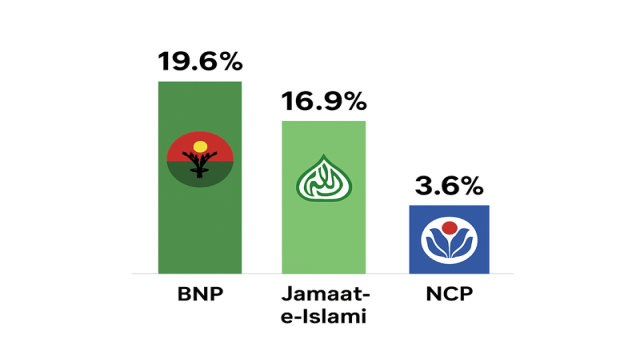
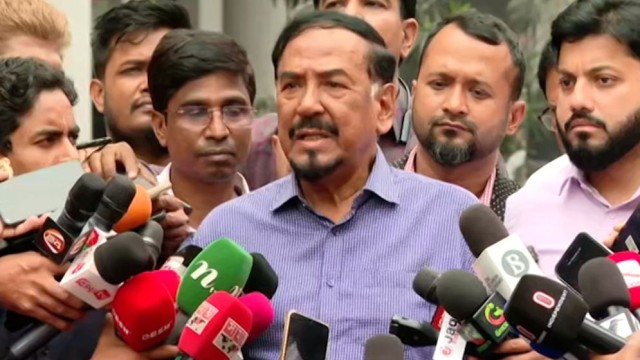
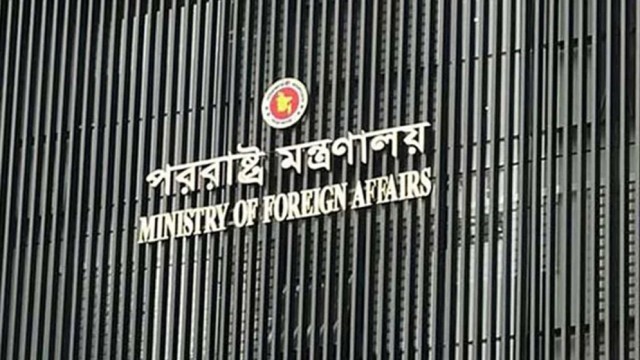
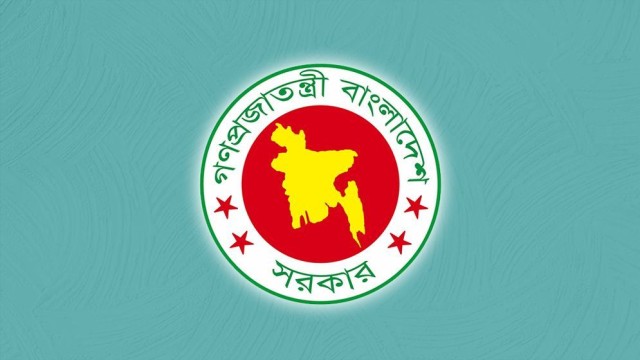
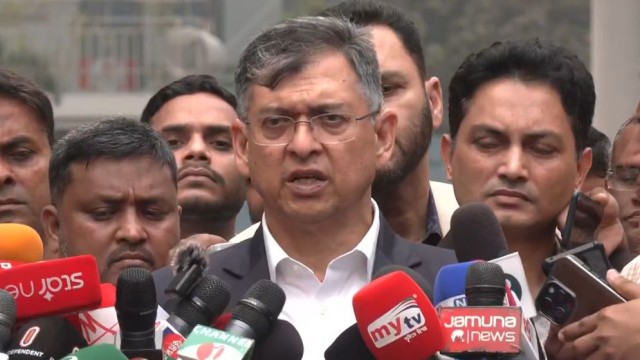
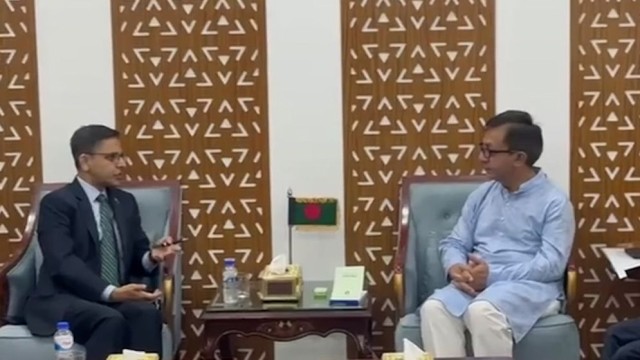
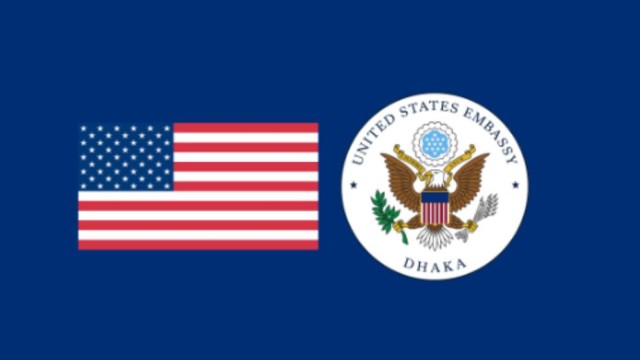
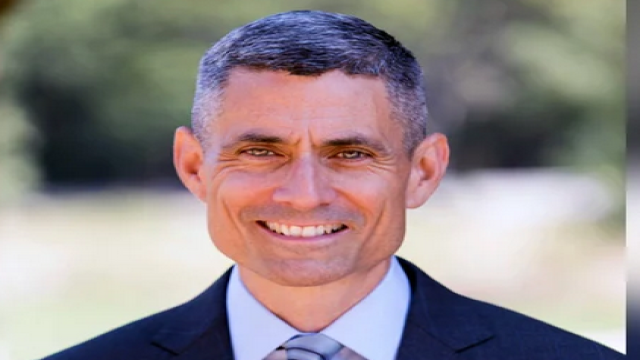
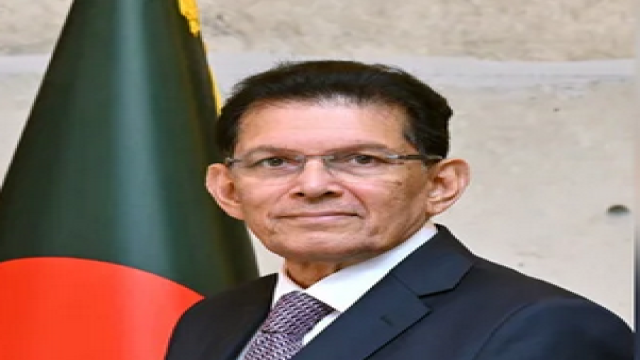
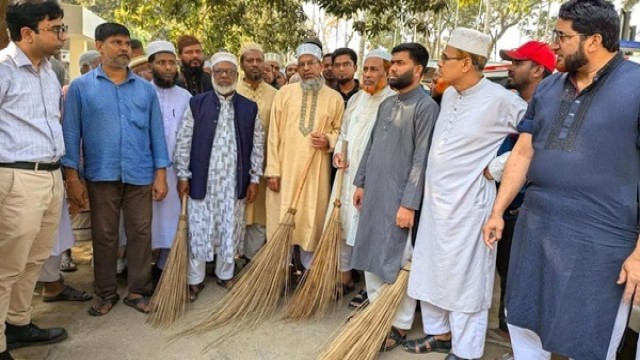
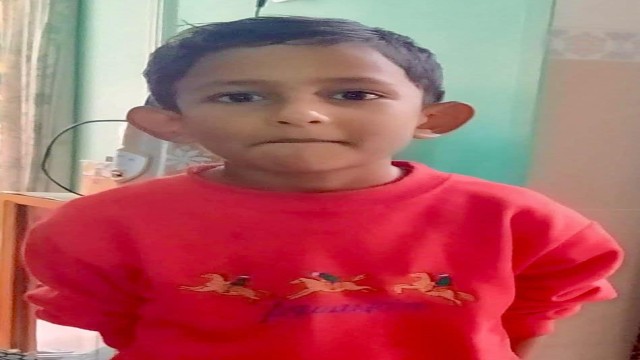
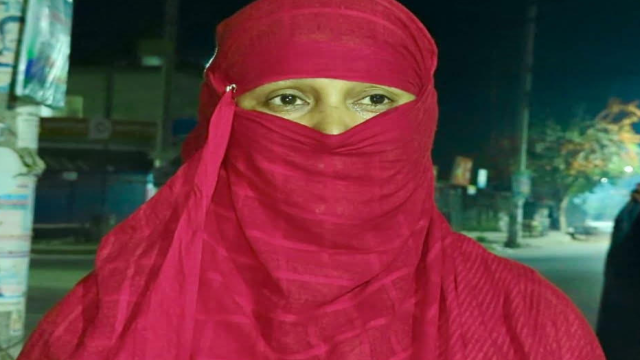
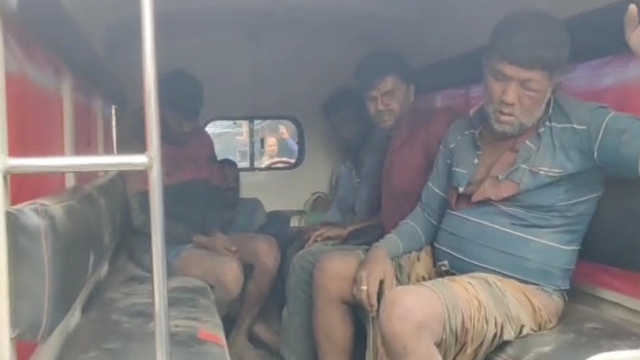
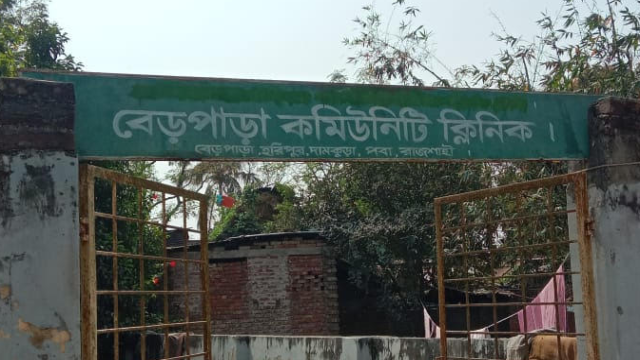














Comment: